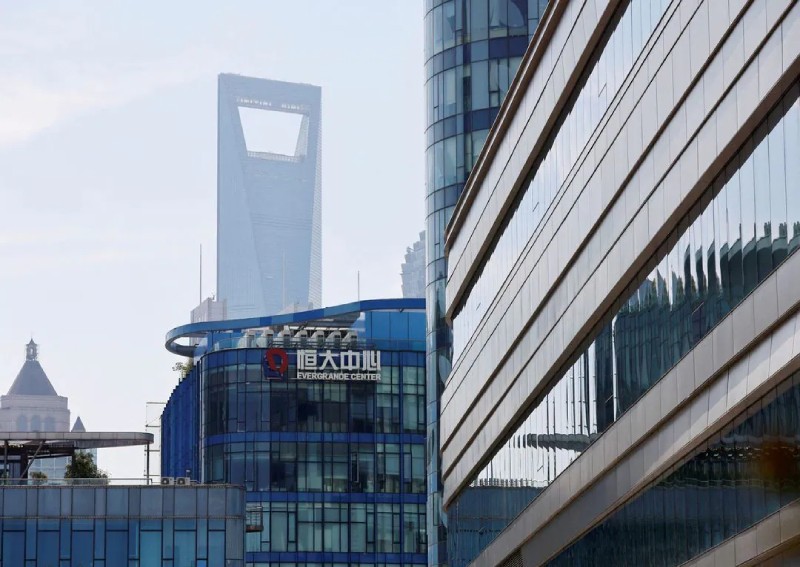China Evergrande ordered to liquidate, owing $400b


HONG KONG — A Hong Kong court on Monday (Jan 29) ordered the liquidation of property giant China Evergrande Group, a move likely to send ripples through China's crumbling financial markets as policymakers scramble to contain a deepening crisis.
The decision to liquidate the world's most indebted developer with more than US$300 billion (S$400 billion) of total liabilities was made by Hong Kong Justice Linda Chan, who noted Evergrande had been unable to offer a concrete restructuring plan despite months of delays.
"It is time for the court to say enough is enough," she said.
Chan will deliver her reasons for granting the liquidation at 2.30pm. It is expected a provisional liquidator will be appointed to oversee Evergrande ahead of a permanent appointment.
Evergrande, which has US$240 billion of assets, sent a struggling property sector into a tailspin when it defaulted on its debt in 2021 and the liquidation ruling will likely further jolt already fragile Chinese capital and property markets.
Beijing is grappling with an underperforming economy, its worst property market in nine years and a stock market wallowing near five-year lows, so any fresh hit to markets could further undermine policymakers' efforts to rejuvenate growth.
"Evergrande's liquidation is a sign that China is willing to go to extreme ends to quell the property bubble," said Andrew Collier, Orient Capital Research managing director.
"This is good for the economy in the long term but very difficult in the short term."
Evergrande's shares were trading down as much as 20 per cent before the hearing. Trading was halted in China Evergrande and its listed subsidiaries China Evergrande New Energy Vehicle Group and Evergrande Property Services after the verdict.
Evergrande applied for another adjournment on Monday as its lawyer said it had made "some progress" on the restructuring proposal. In the latest offer, the developer proposed creditors swap their debts into all the shares the company holds in its two Hong Kong units, compared to stakes of about 30 per cent in the subsidiaries ahead of the last hearing in December.
[[nid:650310]]
The liquidation process could be complicated, with potential political considerations, given the many authorities involved.
But it is expected to have little impact on the company's operations including home construction projects in the near term, as it could take months or years for the offshore liquidator appointed by the creditors to take control of subsidiaries across mainland China — a different jurisdiction from Hong Kong.
Ahead of the Evergrande decision, China's Supreme Court and Hong Kong's Department of Justice said they signed an arrangement on the reciprocal recognition and enforcement of judgements in civil and commercial cases effective immediately in both places.
Evergrande had been working on a US$23 billion debt revamp plan with a group of creditors known as the ad hoc bondholder group for almost two years. Its original plan was scuppered in late September when Evergrande said its billionaire founder Hui Ka Yan was under investigation for suspected crimes.
The liquidation petition was first filed in June 2022 by Top Shine, an investor in Evergrande unit Fangchebao which said the developer had failed to honour an agreement to repurchase shares it had bought in the subsidiary.
The proceedings had been adjourned multiple times and Justice Chan had said previously the December hearing would be the last before a decision was made whether to liquidate Evergrande in the absence of a "concrete" restructuring plan.
Before Monday, at least three Chinese developers have been ordered by a Hong Kong court to liquidate since the current debt crisis unfolded in mid-2021.
ALSO READ: Evergrande chairman's 2 luxury mansions seized by creditor: Local media